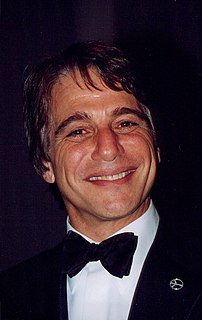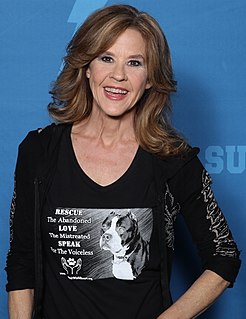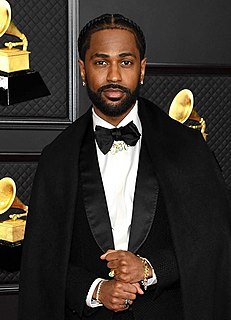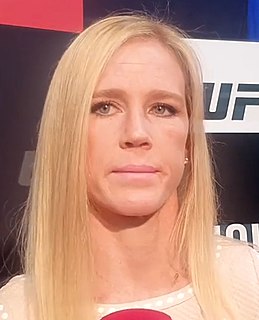A Quote by Henrikh Mkhitaryan
I did not want to later look back in my life and say, 'Why would you not make times change?'
Related Quotes
What do you want in your life? What do you want in your relationships? And if you say, I'd like them to be harmonious; I'd like them to be free; I'd like not to be in a state of blame all the time or shame. If you answer like that, then I would say, look at what's unforgiven. Look at where you know you did wrong and you would like to go to that person and say - I'm sorry. Can we start over? If you want to have a happier life, I would say, practice forgiveness.
There seems to be something in the zeitgeist, and maybe it's a function of - I'm no analyst, nor am I a psychologist - when you look at things and say, What if I could go back and change things? I think we live in a world right now where people are asking those questions a lot. What if we could go back and change what we did? How would we change the way we handled things in the Middle East, and how would we change things with the banking industry, and how would we change economic and educational issues?
I've had people appear in my life that have helped me. I had more fun. I approached it thinking how would Jack Nicholson, "How would he do it?" So that's really what I did was I created this Gremlin character. So now people come up and they say 'Oh The Exorcist!'.. and I'm like "Did you see Repossessed?" They say either no or yes or whatever, and I say look at this, have a laugh, and then go back and look at a masterpiece.
If you want to live your life in a creative way, as an artist, you have to not look back too much. You have to be willing to take whatever you’ve done and whoever you were and throw them away. The more the outside world tries to reinforce an image of you, the harder it is to continue to be an artist, which is why a lot of times, artists have to say, “Bye. I have to go. I’m going crazy and I’m getting out of here.” And they go and hibernate somewhere. Maybe later they re-emerge a little differently. (Steve Jobs)
When it’s all said and done, I want to be able to say I got the most out of my potential. I don’t want to look back, however many years from now, and say, ‘I wonder if I would have worked a little harder. I wonder if I would have done this or done that, how things would have turned out.’ I want to, when it’s all said and done, be able to put my head on my pillow and say, ‘I did everything I could do — good or bad.’
In a print interview, as you may or may not know, they [editors] can do whatever they want. And they do. This is why most people are more hesitant to do print, because they can change it, and they do change it. They even change things that are in quotation marks, which is a pet peeve of mine. I've said to numerous reporters, "Would you read me back my direct quotes?" And they always say no. They always say that's against the policy.
Very commonly I get queries. Somebody saw something of mine on YouTube and of course if there is a talk on YouTube, there aren't any footnotes - and they want to know why did you say this. Well if they bothered to look up something in print, they would've seen why I said that. If they ask for evidence, I just say well take a look and mention something they can read and that usually ends the conversation.






































